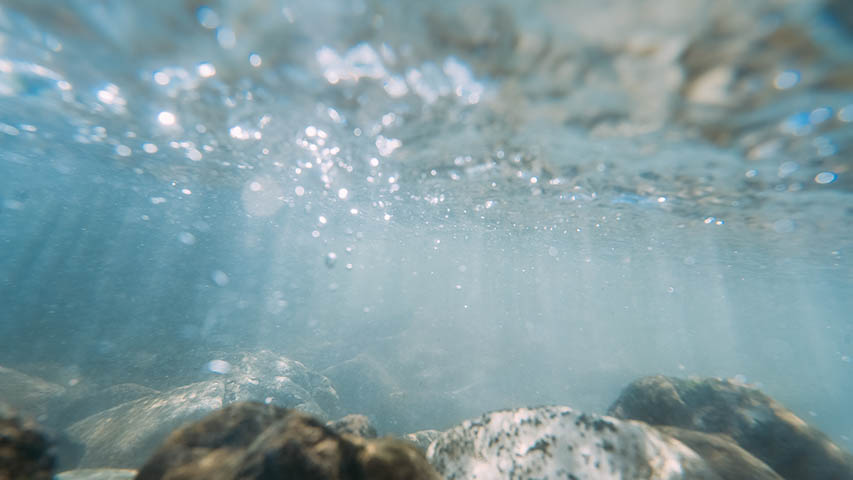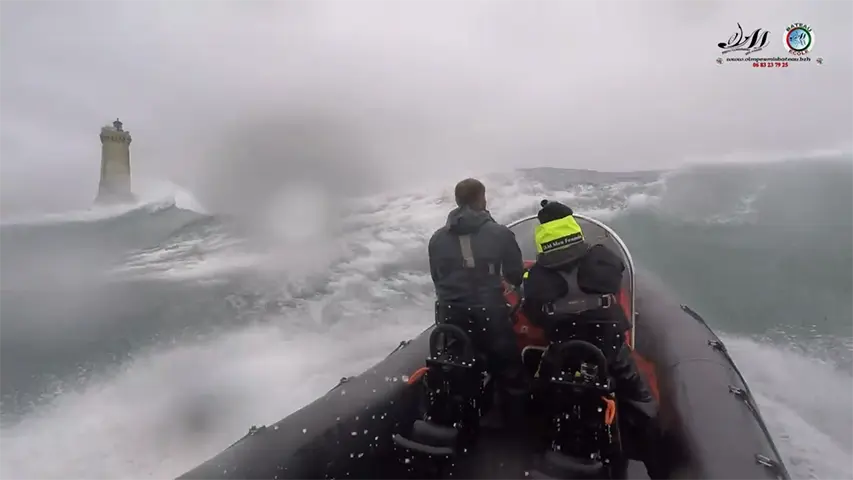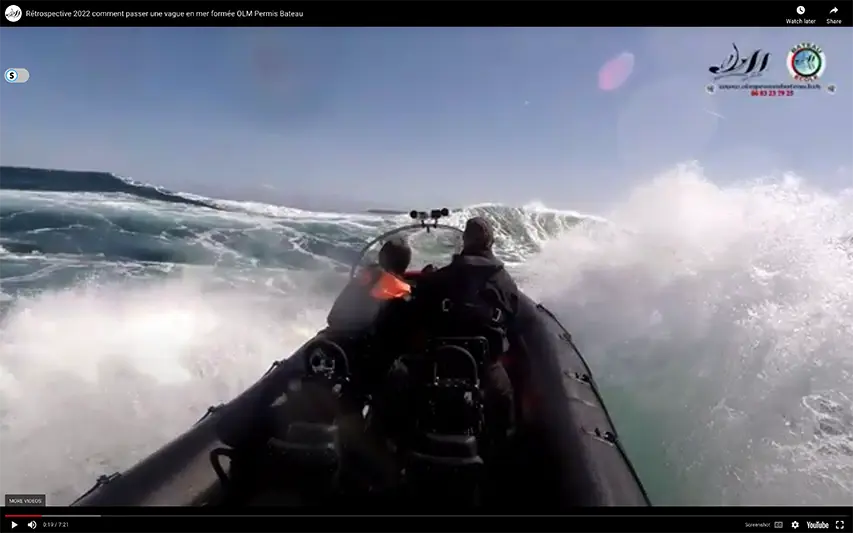
How Do I Navigate Shallow Waters in All Safety
Shallow waters can be very beautiful and exude a certain tranquility.
Navigating shallow waters in a Rigid Inflatable Boat (RIB) requires careful planning, attention to detail, and knowledge of the local conditions.
It is extremely annoying and sometimes downright dangerous when you get stuck and the tide is going out.
This is a how-to article of which you will find more in my blog like preventing UV damage, how-to dock, navigating in rough waters, choosing a RIB, maintenance…
First of All
These are the number one things to do on how do I navigate shallow waters.
Prepare for your voyage by first checking the weather forecast, and secondly, familiarise yourself with the tides in your outing area.
Charge all your devices like your smartphone, tablet…
Let’s go
Here are 10 tips for navigating shallow waters safely in your RIB that I want to share with you.
(more…)


